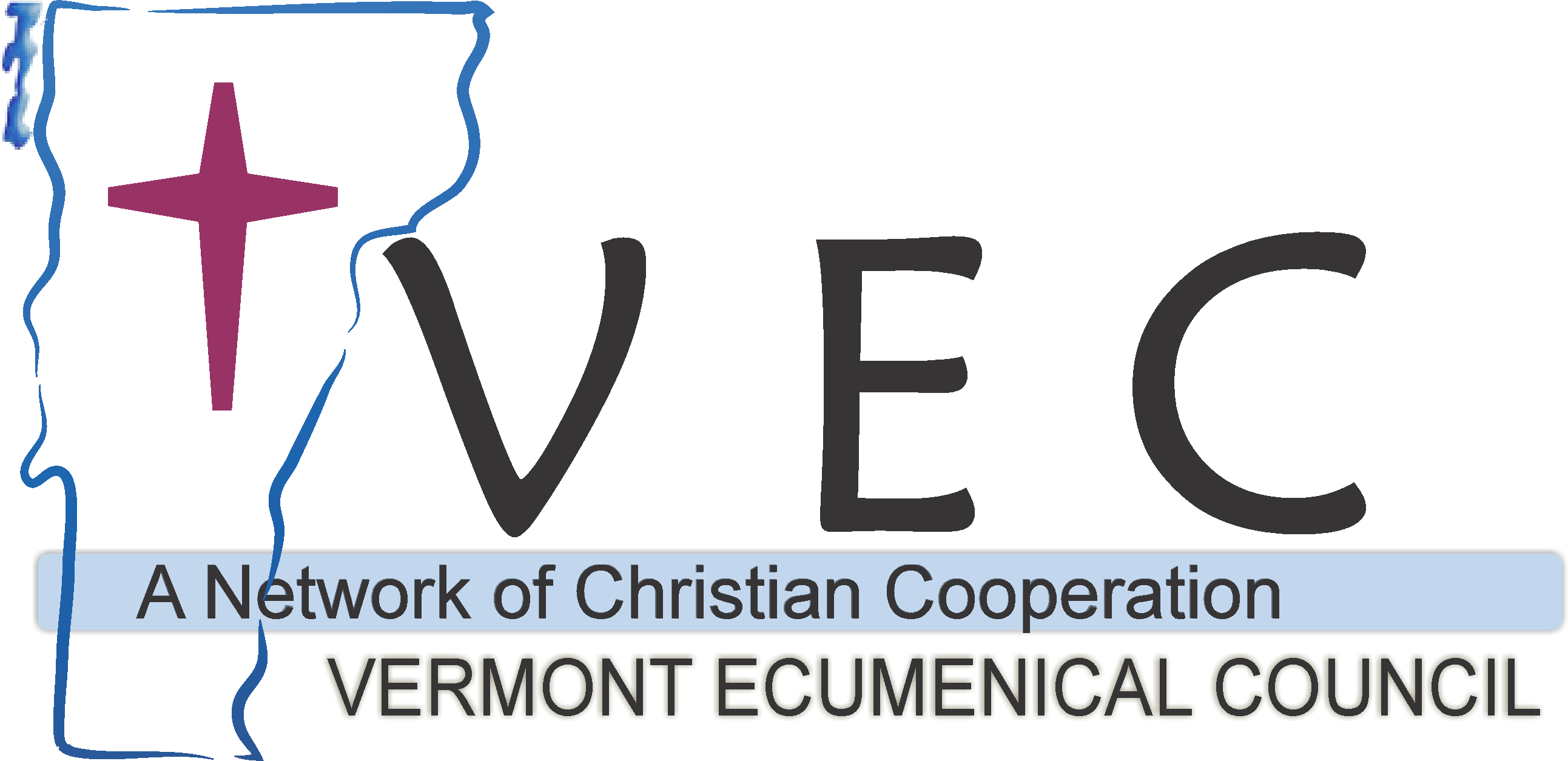The Chavez Forum for the Humanities Presents Literary Dialogues for Empathy
By Dr. Chris Chaves
Free 2019 Fall & Winter Live Online Literature Discussion Series
Do you find a critical need to initiate or renew your passion or commitment to social justice in the world? If so, I invite you to accomplish this with others through our online webinar series that provides you the opportunity to discover and discuss important American literature that continues to speak to our current domestic and global challenges and opportunities. Immediately below you can see the roster of discussion sessions:
- Session 1: November 3, 2019, 8 PM EST. Ralph W. Emerson’s Nature Essay and Our Sacred Environment.
- Session 2: November 10, 2019, 8 PM EST.
Harriet B. Stowe’s “Uncle Tom’s Cabin” and the Tragedy of Family Separation.
- Session 3: November 17, 2019, 8 PM EST.
Upton Sinclair’s “The Jungle” and the Immigrant’s Plight.
- Session 4: November 24, 2019, 8 PM EST.
Betty Friedan’s “Feminine Mystique” in the Age of Trump & the #Metoo Movement.
- Session 5: December 1, 2019, 8 PM EST.
Martin L. King’s “Letter from Birmingham Jail” and Social Justice in America.
- Session 6: December 8, 2019, 8 PM EST.
Sen. John Kerry’s “Winter Soldier Testimony” and Military Veterans’ Wellbeing. and,
- Session 7: December 15, 2019, 8 PM EST.
Peter Singer’s “Animal Liberation” and Protecting Animals’ Interests.
Currently, the Chavez Forum for the Humanities is offering this free online literary discussion series titled Literary Humanities, Empathy, and Social Wellbeing; this webinar series is designed to initiate or develop further deeper empathy for persisting social injustice dilemmas in our world. Our approach is not to heap shame or judgment on participants, but to co-create understanding and empathy as human allies for those that continue to be harmed or marginalized in the world.
Group discussion, personal interpretation, and reflection using diverse forms of literature, ancient and contemporary, can create the opportunity for diverse persons to begin again to empathize with the legitimate interests of others who are very different be they humans, animals, or our natural environment.
The Literary Humanities, Empathy, and Social Wellbeing webinar series will involve online discussion, critical reasoning, and appreciation of key excerpts of historical and contemporary American narratives addressing key social justice issues; and your active participation is important for group and personal reflections. A webinar session invitation with an internet webinar link will be emailed to all registered participants before each online discussion session.
Visit the “webinar registration page” to save your spot!
Our philosophy about dialogue for empathy
Often times, many of us believe that a complete educational process simply involves the receipt of information or knowledge from only one vertical authoritative source, and often times this is necessary for acquiring foundational understanding about a key issue. And yet, others believe that genuine education is also a horizontal dialogical exchange involving at least two sources, information or persons, who are drawing out and imparting knowledge and insights that are relevant to an important discussion taking place. Of utmost importance for all parties involved in dialogue is a level of genuine respect and empathy for their unique viewpoint and interests in the world.
Empathy, in contrast to sympathy, is the ability for someone to understand the feelings or experience of another without having actually experienced the same life encounter. A couple of examples come to mind: Kathy is given a smaller pay raise than her younger male colleague James in spite of having more relevant job experience and accomplishments than he does; Richard, her former supervisor, can empathize with Kathy because he remembers when a younger male Ivy league college graduate was promoted to supervisor before he was. Or when Jim, a white male who just turned 50 years of age, begins to understand what job market discrimination practices can be like for young black males in the American economy; in Jim’s case, his age has become a liability and for the average black male, their race has been a liability for most of their lives.
The above two examples relate to justice issues involving sex, gender, race, age, and other demographic categories. The Chavez Forum for the Humanities uses important literature and constructivist learning approaches to create dialogical learning experiences. A constructivist learning approach will be applied in our group dialogues to co-create more than one way diverse individuals can initiate, develop further, and apply the appropriate empathy-based solutions for those affected by social injustice. These lessons learned can then be applied within participants personal and professional worlds be they involved in social work, education, law enforcement, corporate management, military service, healthcare professions, or spiritual and religious leadership.
Dr. Chaves is a member of Trinity Episcopal Church in Shelburne, Vermont and has a gift for providing the intellectual stimulation that people of intention are hungering for, as we search for snippets of sanity in these very troubled times.
